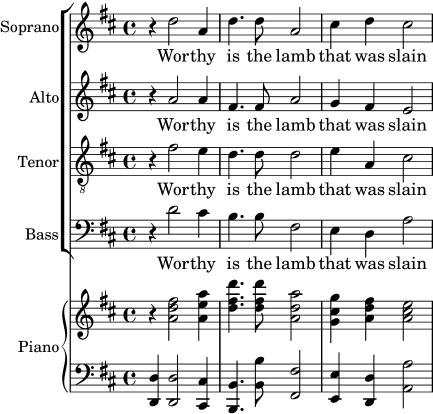Name That Tune
This week’s Name That Tune was submitted by Listener Jeff. Here’s your hint: This composer played cello in the Viennese premiere of Arnold Schoenberg’s early (tonal) work Verklärte Nacht. No Googling!
As always, your goal is to provide as much accurate analysis as possible. First try to get the nationality, year, and genre, then make educated guesses about the composer and — if possible— the piece. If you know the piece immediately, send us an email at classicalgabfest@gmail.com instead of commenting so the rest of us can have fun guessing.
Last Week’s Results
Archduke Rudolph: Sonata in f minor for violin and piano
[Will here: I’m out of town this week, so Joey and I set up this week’s edition ahead of time. Ergo, I have no idea what people guessed last week. But I’m sure you were all brilliant, and I’ll report back next week.]
Think you can stump your fellow Listeners? Go ahead and try!
Head to our Google Form to upload a 30-second clip of an unidentified piece of classical music for us to try to identify.
Choral Accompanists aka Angels Sent from Heaven
This past semester, I (Joey) had the new experience of being a choral pianist - times two! As part of my adjunct work, I accompanied a college chorus, and the director of that ensemble also hired me to accompany her local community choir. Both groups were a joy in their own ways, and I will continue to work with them this semester. They gave me the opportunity to work on several skills that I previously didn’t have or barely had. Here’s a small look into what I did and learned.
As a choral pianist, my main job in rehearsals was a little different depending on how soon the concert was. Early on, I would mostly play along individual parts and combinations of voices (soprano, alto, tenor, bass) as each of these groups learned their music. As there’s no button to push for the voice, singers who are not trained to quickly and effectively read music must learn their music by ear and memorization. As a result, I needed to learn to play from an SATB score, which looks something like this:
As illustrated above, playing the voice parts requires one to read from up to four staves, instead of the customary two of the piano world. This was a skill that I needed to practice quite a bit this summer - and let’s be honest, I’m still nowhere near fluent/able to sight-read most SATB music at speed.
As the concert grew closer, I began more and more to play the accompaniment that I would be playing at the concert (or a reduction of what would be played by an orchestra). This way, the singers would be forced to learn what lines of music they had been relying on the piano for, and how their parts interacted with the accompinamental music that they would hear in performance. This meant that I got to play parts such as the music marked “Piano” above, in two staves - so my life got easier as the concert grew closer!
Chorus members are generally good-natured and gregarious folks, and they were always very friendly with me, and complimentary even when I didn’t deserve it. It makes sense - they (at least in the case of the community choir) were voluntarily spending an evening each week in a musical group setting, a naturally fun and team-building environment. Go join a choir!
Classical Mixtape
The Melody Of Rhythm, Movement 1
I (Joey) am bringing another teenage favorite of mine to the Classical Mixtape. This 2009 triple concerto for banjo, tabla, double bass and orchestra is the only one of its kind, and is the kind of genre-bending madness of Will’s nightmares (Will is a proponent of art music that eagerly, non-skeptically engages with the tradition of classical music. Though I like such historically mindful repertoire as well, I hold no such biases 😉). Don’t worry, there’s an excellent orchestra involved in this recording - the Detroit Symphony under Leonard Slatkin backs up virtuosi Béla Fleck, Zakir Hussain, and Edgar Meyer.





NTT: My guess would be Zemlinsky - I'm not aware of what instrument(s) he played, but I do associate him with that early Schoenberg circle and know that he does have some works for larger forces such this piece sounds like it uses.
NTT: I never would have come up with Franz Schmidt on my own, but I think it's a brilliant guess from Listener Jeremy, so I'm bandwaggoning. I'll add to my bucket Victor Herbert, since I know he was a cellist in Vienna, though the timeline might not be entirely correct. My other thought, musically, was that it could be Korngold. I don't know that he ever played the cello, but he was such a prodigy, who's to say he didn't?
The only thing I did for this week's edition was to give a title to Joey's essay, and when I said that choral accompanists are angels sent from heaven, I meant it. What he neglected to mention is that choral accompanists also need to be brain-readers. As a conductor who has worked with many, MANY choral accompanists, I assure you, this is a quality that all the best possess. In my personal experience, they are often called upon to be amateur psychiatrists for the conductor themselves.